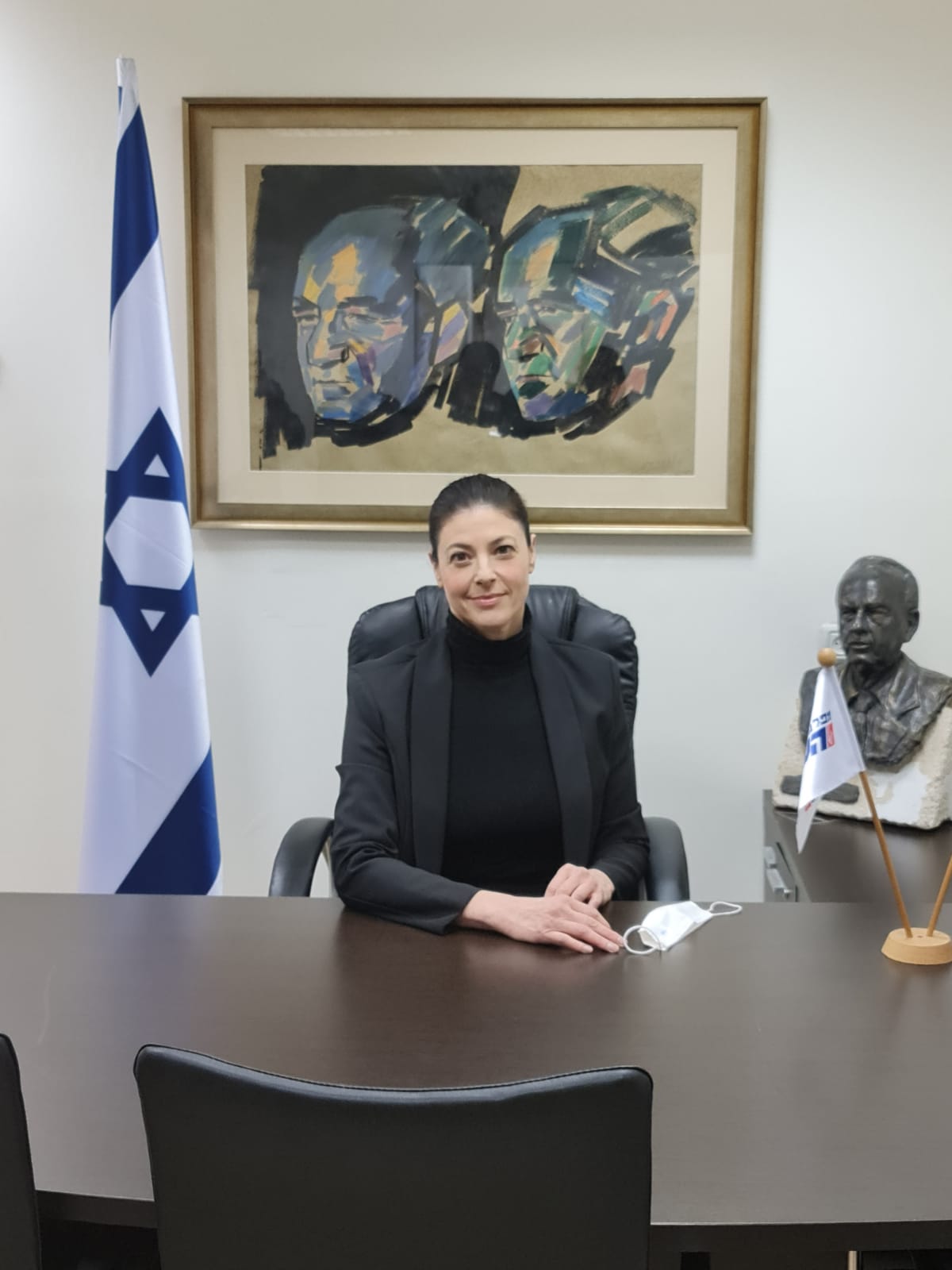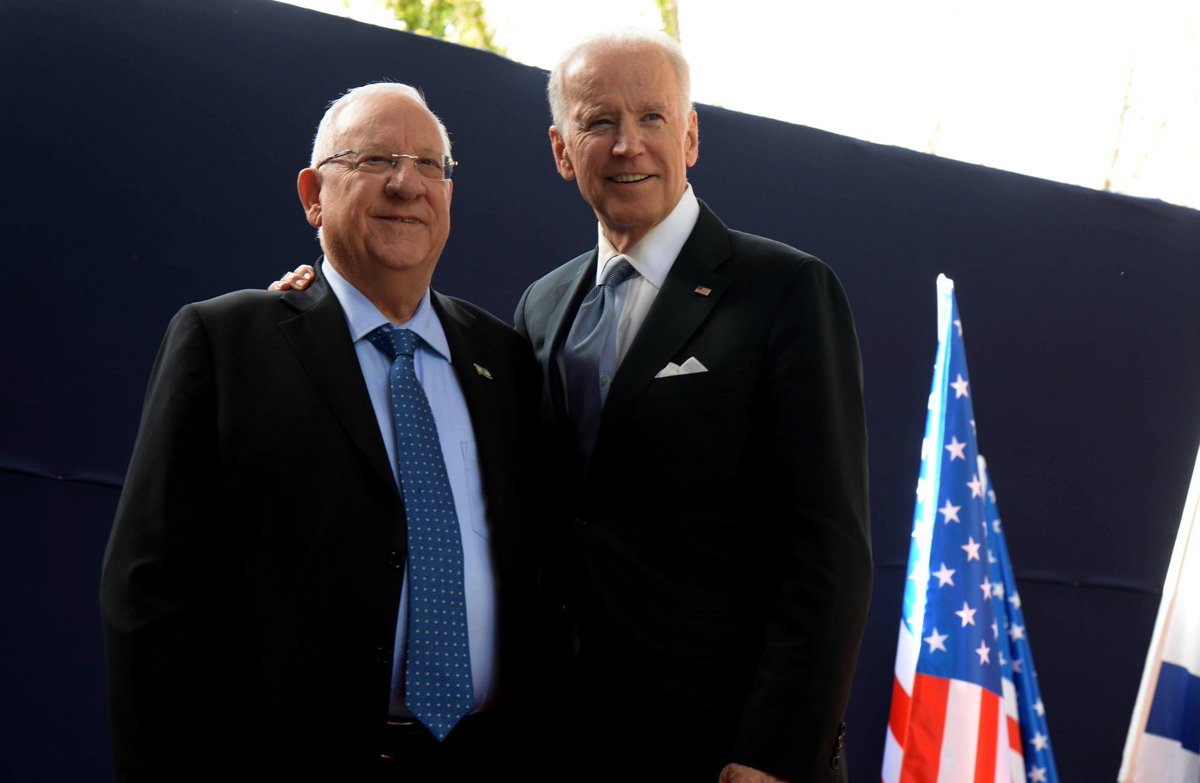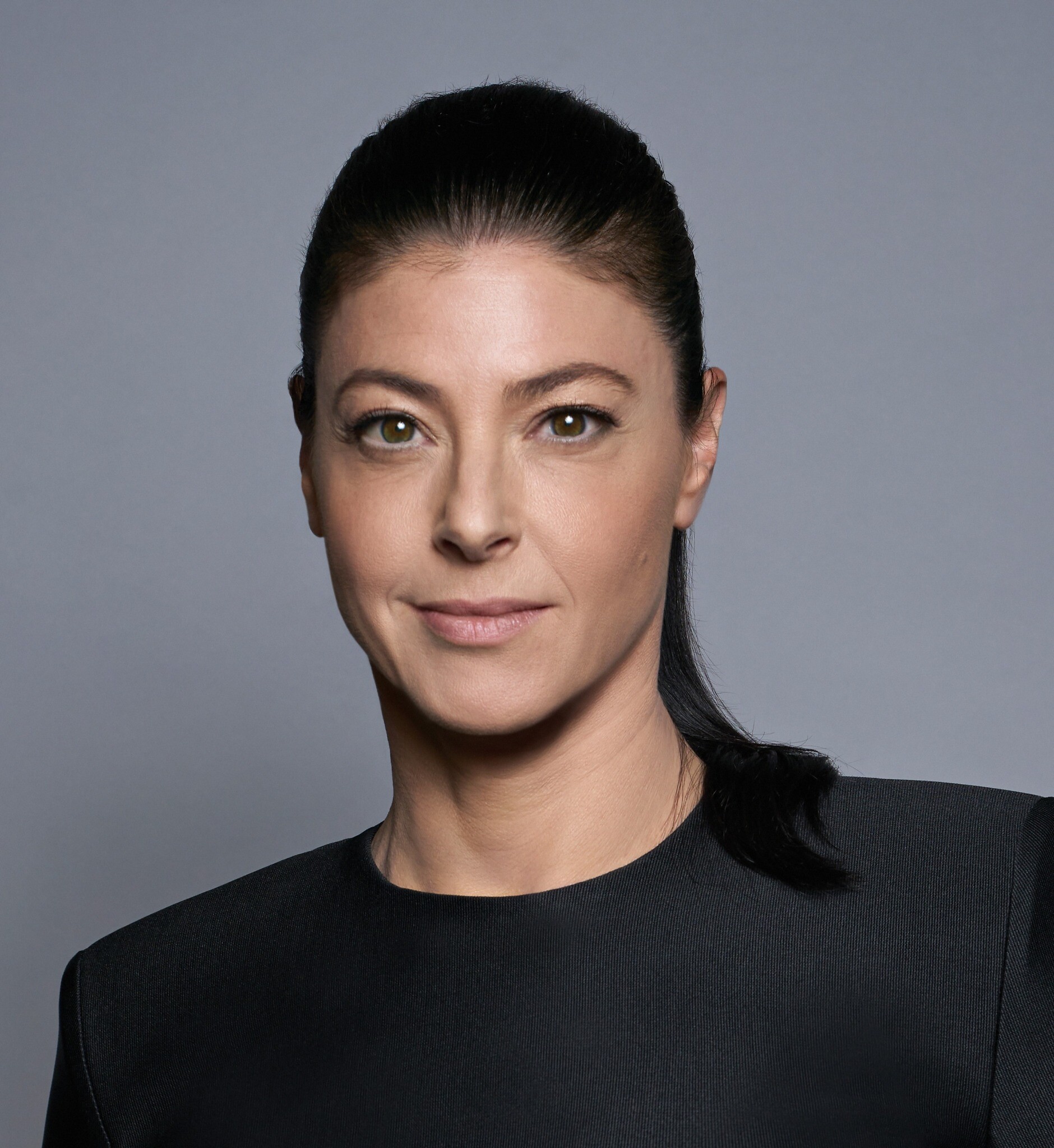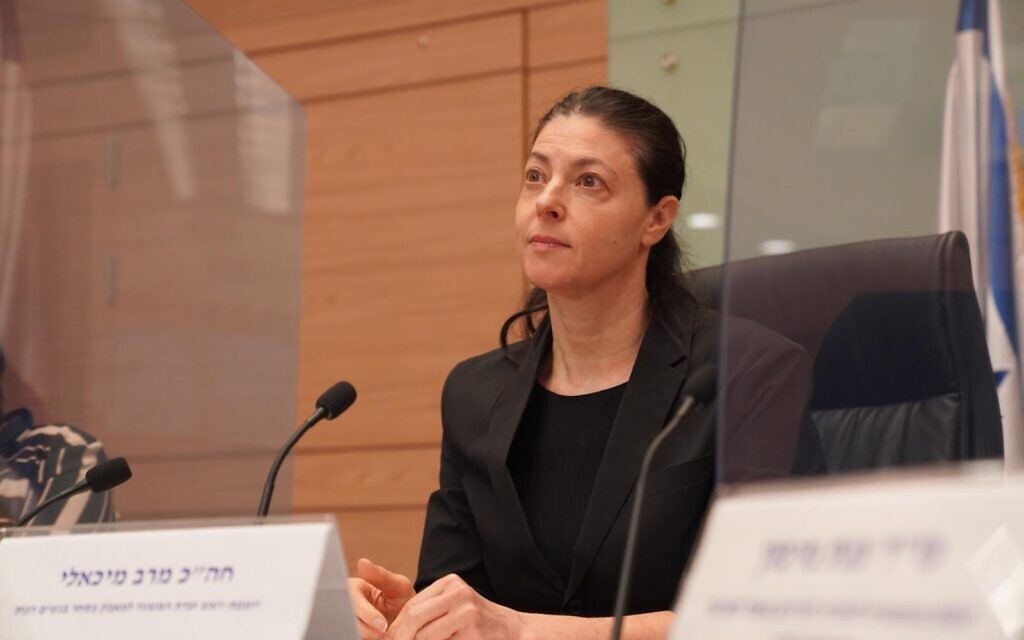Meet the driving force behind Israeli Labor’s rebuild
'Not lying to the public is a mandatory requirement to begin with' says Merav Michaeli, who is looking to reinvigorate the left-wing party's fortunes after years in the wilderness
The feminist mantra of “still, she persisted”, might have been coined for the new leader of the Israeli Labor Party — its 10th leader in the last 20 years.
For despite repeatedly being told that “it can’t be done”, Merav Michaeli is determined to re-shape her party and do her utmost to revive its fortunes.
Perhaps it is not yet realistic to say that she can return Labor to the powerhouse it was from the creation of the state — but she certainly approaches the March 23 elections with the ambition to improve Labor’s numbers, which in the last Knesset stood at a lamentable three people.
Get The Jewish News Daily Edition by email and never miss our top stories Free Sign Up
Labor was pretty much written off by the Israeli political world, and Michaeli is unsurprised by that. The blunt-speaking former television journalist and commentator is in no doubt that Labor lost its natural voter base, disenchanted with Labor politicians who said one thing and did another.
“Not lying to the public is a mandatory requirement to begin with,” Michaeli says, laughing slightly. “People know that I will not lie to them, I won’t deceive them or steal their votes. This is a really big change: it’s as if people have stopped expecting this from leaders.” One of her predecessors, Amir Peretz, went so far as to shave off his trademark moustache so he could tell people “read my lips, I will not sit with Netanyahu”, before going on to do precisely that.
In fact, Michaeli became Labor leader just weeks ago — voted in by 77 per cent of the party members — because she was the only one of Labor’s three remaining Knesset members who refused to serve in a coalition led by Mr Netanyahu. So her determination to back her instinct and not flip-flop for political preferment stood her in good stead.

Now she faces an uphill task, both of restructuring Labor and of deciding who she will and will not sit with in the next Knesset line-up. Political number crunchers in Israel make daily calculations as to who will comprise a centre-left bloc, and who the allies are. A canny Michaeli is not ruling anyone — except Netanyahu — in or out. Her ambition is to raise the largest number of Labor seats so that she will have more choice; and, she says cheerfully: “I have very good relations with everyone, I speak to everyone”. That includes members of strictly Orthodox parties and even Gideon Sa’ar’s New Hope party, built as a right-wing opposition to Netanyahu.
Labor’s most obvious ally is the left-of-centre Meretz. But, asked about a potential alliance with Yair Lapid’s Yesh Atid, Michaeli is amused: “It’s very clear that Yair Lapid’s interest is that Labor will be small — and it’s my interest and the Israeli public’s interest that Labor will be as big as possible. So it’s like walking on eggs, at the moment.”

As Israel emerges from the coronavirus crisis, Michaeli says, the vision of Labor values is vital. “It speaks abut social democracy and about equality and about investing in society. In my case, it is about a feminist social democracy with a strong emphasis on changing the system so it will allow equality of opportunity for women. I bring a new discourse in terms of bringing Israeli society back together again and not the divisive way it’s grown so accustomed to under Netanyahu for so many years. He thrives on dividing society and escalating things, one against the other”.
Labor’s view, she says, “is about going back to thinking about the common good, the concept of seeing each other not only as part of a sector… it’s a discourse which I have insisted on for some time, but now people are more open to listen to it.”
It’s very clear that Yair Lapid’s interest is that Labor will be small — and it’s my interest and the Israeli public’s interest that Labor will be as big as possible. So it’s like walking on eggs, at the moment.
For Michaeli, there are a number of domestic and international policies on her agenda. “Domestically, we need to invest a lot in social services, invest in Israeli society, particularly the weaker parts. A lot of investment in health, education, welfare, changing the whole concept of privatising. Changing the work world: we have 800,000 unemployed people, 70 per cent of whom are women, which is just unbelievable”.
She also is determined to pursue the solving of the Israeli Palestinian conflict — “of profound Israeli interest. It is necessary for the security and sustainability of Israel. We need to figure out a way of resolving it.” Michaeli is heartened by the presence of the Gulf countries who have signed deals with Israel under the Abraham Accords; many Arab countries, she says acidly, have been waiting to hear from Israel since 2002 since the Arab League peace initiative. Labor supports a regional negotiation which concludes with a two-state solution for Israel and the Palestinians.
Her party also supports the new Biden administration in upgrading a renewed agreement on Iran. “Ever since Netanyahu started his justified campaign against the Iranian nuclear project, he has failed, because Iran is closer to a nuclear bomb than it has been, and is also closer to our borders in the north than it was when he began campaigning against it”. Labor would back a new agreement which ultimately she hopes “would make the world a safer place”.

Merav Michaeli’s calling-card comes with two unique attachments: her grandfather, and her feminism. She is the grand-daughter of the controversial Hungarian Jew, Rudolf Kasztner, who was assassinated in Israel in March 1957 after a complex libel trial over his wartime actions. Kasztner had negotiated with Nazi leaders in order to secure safe passage out of Hungary for 1700 Jews, who left on a train to Switzerland.
Kasztner was a candidate for the Knesset on behalf of Mapai, which merged with Avoda in the late 1960s to become today’s Israeli Labor Party. For Michaeli, the main lesson she draws from her grandfather’s legacy is “not to be a victim. I see how he managed — even in a place where the role of the ultimate victim was written for him, the Jew versus the ultimate exterminator. He managed, in an extremely subversive and sophisticated way, not to be a victim and to take responsibility for his community. It’s not so much about the outcome — it’s more about you should always ‘do’, and never accept what others are dictating”.
As for Michaeli’s feminism, no-one hearing her speak in Israel can be in any doubt. In 2001 she decided to change the way she used Hebrew, which is a strictly genderised language. Nouns are either masculine or feminine and take verb endings to match. Michaeli began using feminine plurals while she was temporarily off the nation’s TV and radio, between 2001 and 2003. “It was a huge change to make and very difficult to acquire”, she says. “When I got back on TV I was accustomed to it and it really blew up, people asked what I was saying. But now I use both. Hebrew forces you to say I [male] go or I [female] go. You can’t say ‘doctors’ neutrally: you have to say male doctors or female doctors.

“When I was elected to the Knesset there was a whole discussion about how I would speak. But it has changed the norm: people use both forms today, they will say [male] citizens and [female] citizens.
“Just yesterday we saw that in one of the courses in the army. the badge symbol for graduates of the course was a man’s image. But since more women have graduated from this course, the army have changed the symbol [to a woman’s image] on the badge. And what’s more, they say that if the situation about graduates returns to more men than women, the symbol will remain a woman. So there are so many effects in so many places. Using the feminine form in language was like a stone I was privileged to throw in the water — and it has had such an overwhelming impact.”
Michaeli, presumably, is hoping for a similar ripple effect in the upcoming elections.

Thank you for helping to make Jewish News the leading source of news and opinion for the UK Jewish community. Today we're asking for your invaluable help to continue putting our community first in everything we do.
For as little as £5 a month you can help sustain the vital work we do in celebrating and standing up for Jewish life in Britain.
Jewish News holds our community together and keeps us connected. Like a synagogue, it’s where people turn to feel part of something bigger. It also proudly shows the rest of Britain the vibrancy and rich culture of modern Jewish life.
You can make a quick and easy one-off or monthly contribution of £5, £10, £20 or any other sum you’re comfortable with.
100% of your donation will help us continue celebrating our community, in all its dynamic diversity...
Engaging
Being a community platform means so much more than producing a newspaper and website. One of our proudest roles is media partnering with our invaluable charities to amplify the outstanding work they do to help us all.
Celebrating
There’s no shortage of oys in the world but Jewish News takes every opportunity to celebrate the joys too, through projects like Night of Heroes, 40 Under 40 and other compelling countdowns that make the community kvell with pride.
Pioneering
In the first collaboration between media outlets from different faiths, Jewish News worked with British Muslim TV and Church Times to produce a list of young activists leading the way on interfaith understanding.
Campaigning
Royal Mail issued a stamp honouring Holocaust hero Sir Nicholas Winton after a Jewish News campaign attracted more than 100,000 backers. Jewish Newsalso produces special editions of the paper highlighting pressing issues including mental health and Holocaust remembrance.
Easy access
In an age when news is readily accessible, Jewish News provides high-quality content free online and offline, removing any financial barriers to connecting people.
Voice of our community to wider society
The Jewish News team regularly appears on TV, radio and on the pages of the national press to comment on stories about the Jewish community. Easy access to the paper on the streets of London also means Jewish News provides an invaluable window into the community for the country at large.
We hope you agree all this is worth preserving.
-
By Laurent Vaughan - Senior Associate (Bishop & Sewell Solicitors)
-
By Laurent Vaughan - Senior Associate (Bishop & Sewell Solicitors)
-
By Laurent Vaughan - Senior Associate (Bishop & Sewell Solicitors)
-
By Laurent Vaughan - Senior Associate (Bishop & Sewell Solicitors)






















